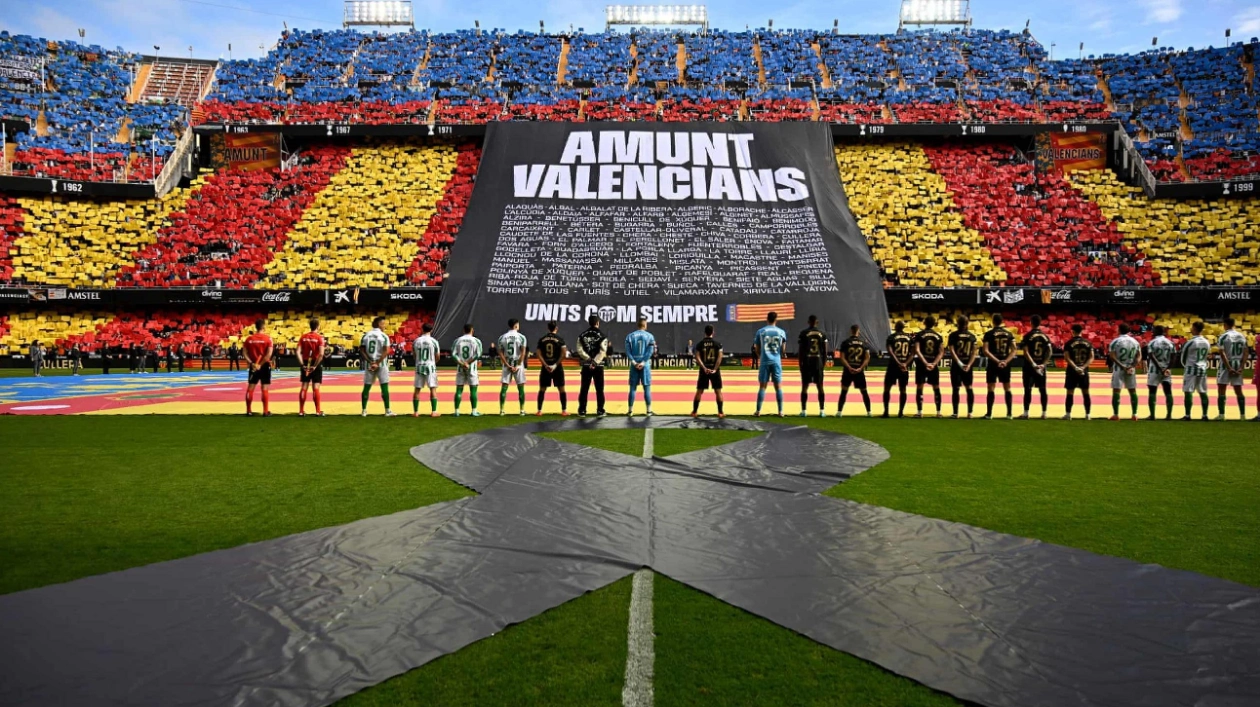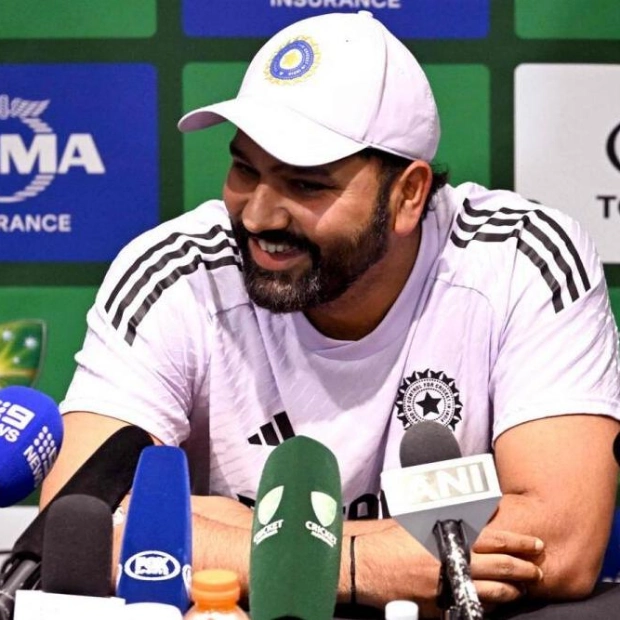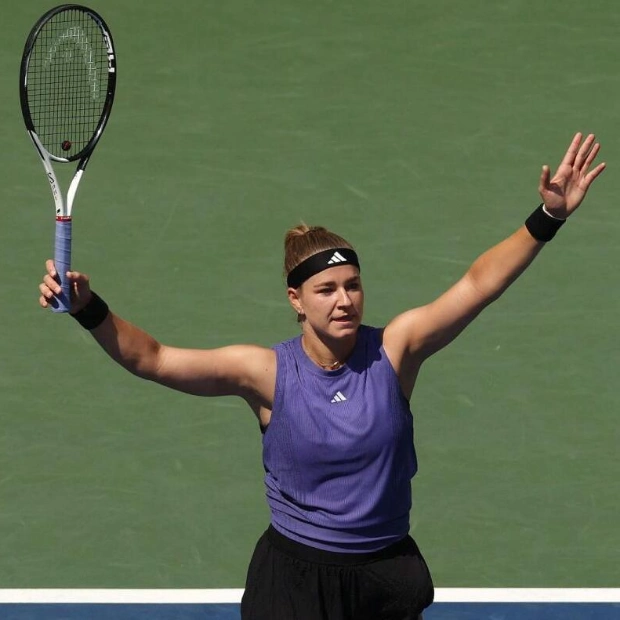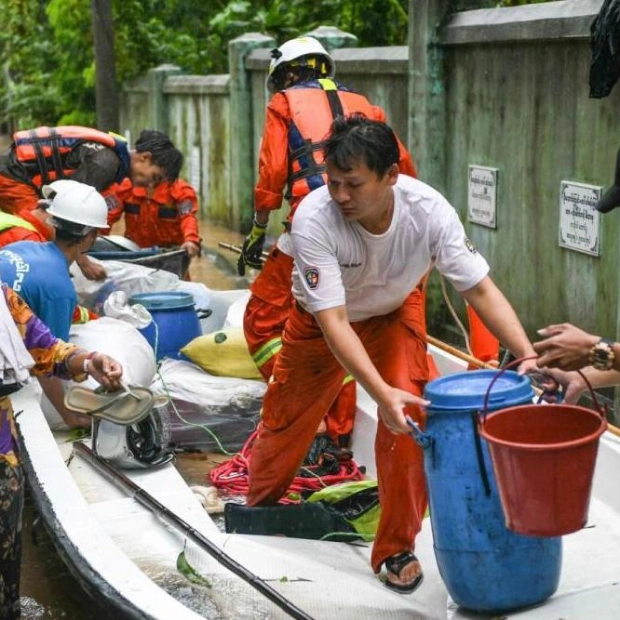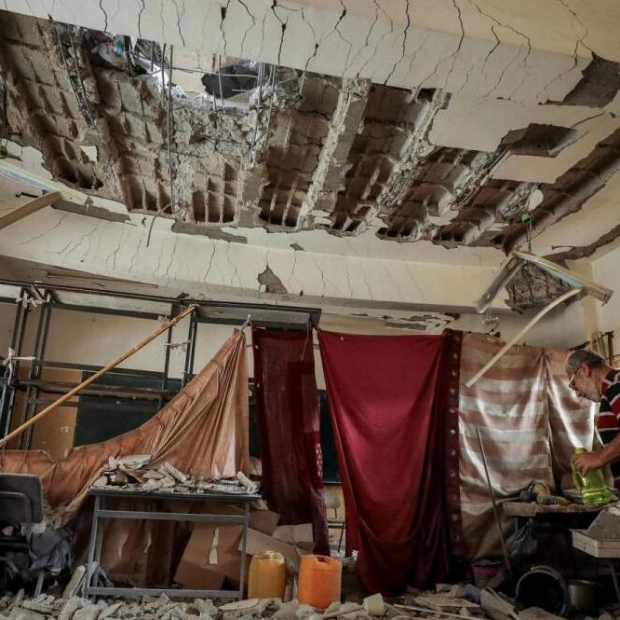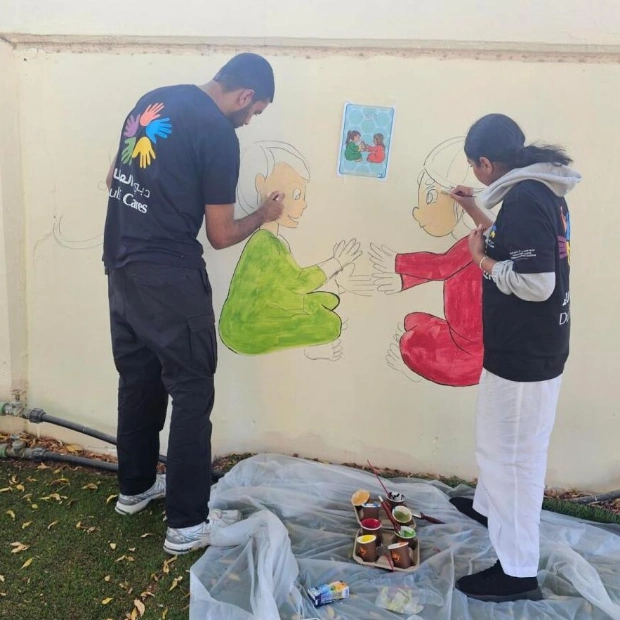In the midst of mud and devastation, a ball emerged, left behind by the flood. Six days after the worst catastrophe in Spanish history claimed 229 lives and left thousands devastated, a game began on a street still caked in sludge. Someone captured it, sharing a moment of joy amidst the pain—a glimmer of hope. Four boys from the small town of Aldaia, covered in dirt, played among piles of furniture from broken homes.
Nineteen days later, seven miles away, a fifth local boy scored a goal that would be remembered. At 2:12 pm on Saturday, seven minutes into Valencia’s first game since the catastrophe—more a community expression than a football match—the ball fell to César Tárrega at the south end of Mestalla. It was a simple finish, but if these fans had seen better goals, they hadn’t felt any like this. Suddenly, the silence—so profound—was broken, emotions escaping. Tárrega had cried before kick-off; now, tears returned. He then ran to collect a shirt, holding it high. On the back, a message read: “Tots junts eixirem.” Together, we will come through this.
Born and raised in Aldaia, Tárrega received a call on the night of October 29, informing him of the flooding. His home, a town of 32,200 people in the Horta Sud, was one of the worst hit. The mayor described it as a “tsunami.” Six people died, mud covered everything, and cars were swept into macabre piles. Unwarned and abandoned, 99% of the homes were affected, including the building where Tárrega’s parents live on the third floor.
Just under a week later, a group of young kids were helping clean up. As they worked, a little boy named Iker found a ball buried in the mud. Three began to play, a fourth asked to join, and soon they were squelching through thick mud, slipping with every kick, navigating past fridges and furniture. They didn’t know they were being recorded, but the images went viral, symbolizing hope.
Mestalla became a focal point of the community and the rescue effort, a giant store for aid and support. Valencia invited the kids to their Paterna training ground. Iker, Alejandro, Roberto, and Álvaro, accompanied by Alexis and Valentina, met manager Rubén Baraja and his players. Games were set up, the pitch green and the ball white this time. “We played with Cesar Tárrega: he’s from my town,” Roberto said.
Valencia’s return to play was uneasy, unsure of how it would be, how it should be. By the end, few doubted it was right. Not because Valencia won 4-2, but because of something deeper. “What we want is for people to feel that we are with them, that we are there for them,” Baraja had said. Football is an escape, but sometimes it is the opposite—embracing life, marking it. This is what football is for: community, identity, belonging.
In the stands, there were messages of loss and thanks to the thousands of volunteers. As the players stood and the Valencian anthem played, a black banner listed all the places hit. For the entire game, those names appeared on the scoreboard. A minute’s silence was deep and lingering. Tears came quietly. When the kid from Aldaia scored, just seven minutes in, he couldn’t contain anything. “César has suffered a lot over these weeks and he deserves to score the goal so that he could dedicate it to every valenciano and all the people in his town,” teammate Diego López said.
When Betis equalized, there was no celebration. Instead, Aitor Ruibal and Bartra raised a Valencia flag, and Mestalla applauded them. When Chimy Ávila got Betis’s second, he did not celebrate either. By then, Valencia had scored three more. Victory was felt differently but perhaps more deeply than any other; perhaps needed too. There has never been a game like this. “Maybe they played with the extra emotion of what this means,” Ávila suggested.
As the whistle approached, Mestalla stood and sang the Valencian anthem together. “The emotion we felt ... I had goosebumps,” Baraja said. “We wanted to honour the victims, everyone affected. We want to be there for them, for them to know we’re here. We want to be with society, hold their hands and not let go. We want them to get their lives back; it won’t happen soon and we will never forget. But if those who came, watched on television or just saw the score can smile, if we’ve changed their day a little, helped them in some small way, let them enjoy themselves for a little while then we’ve done something. And that is what we play for.”
Source link: https://www.theguardian.com
